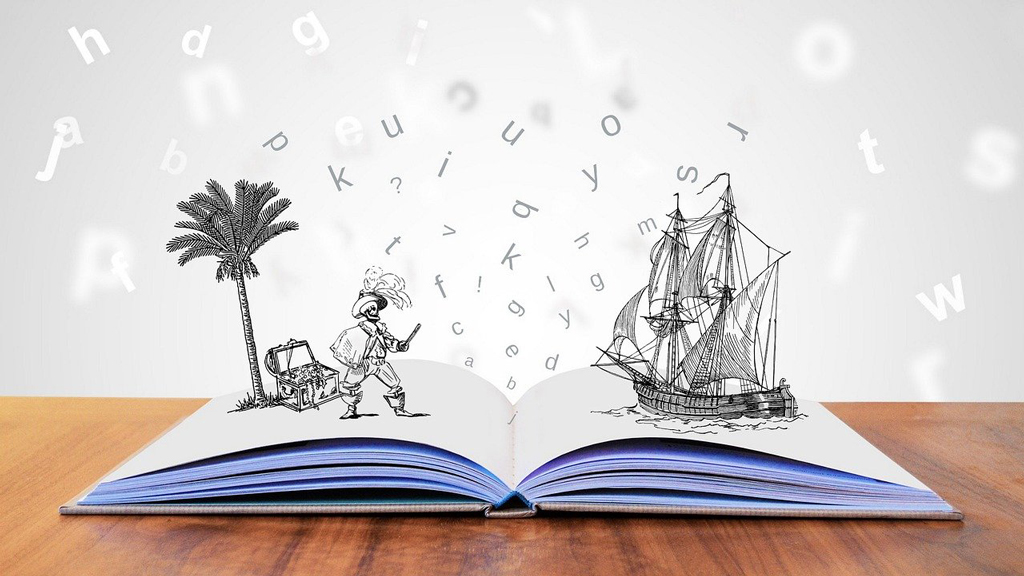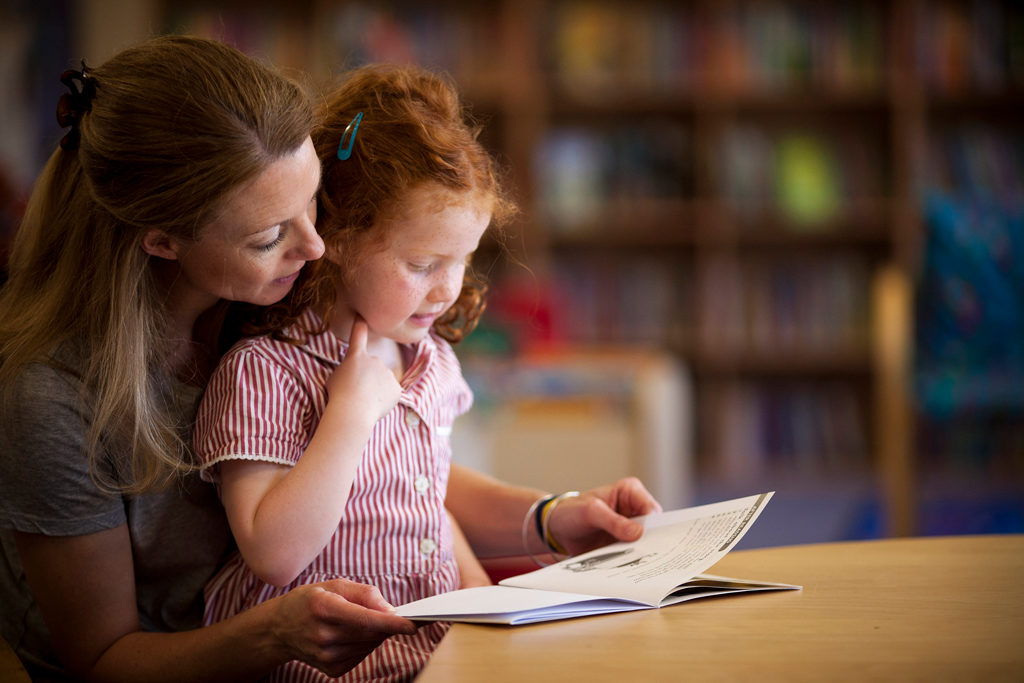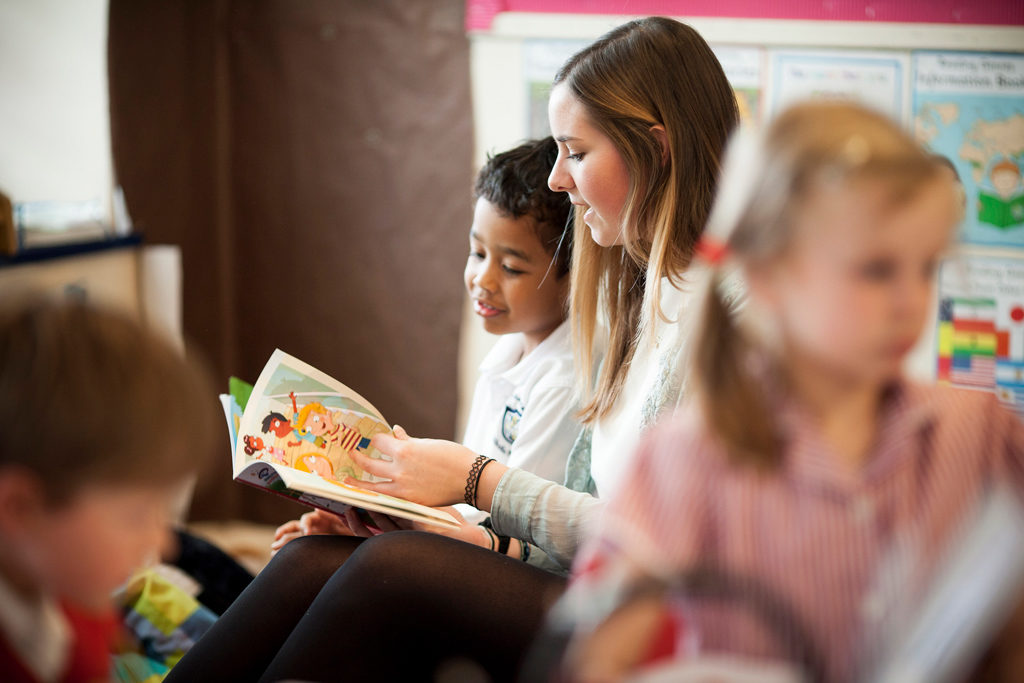The Power of Books
By
6 years ago

On Thursday 5th March people around the world will celebrate World Book Day, but what is all the fuss about? In a modern world saturated by many types of media, why have books endured?

- Books fire the imagination. Within the pages of a book, children are able to travel to imaginary lands and encounter mysteries and magic beyond their wildest dreams. Books can show children that the only limits to what they can create are the limits of their imaginations.
- Books can help you escape. A child’s everyday life is not always sunshine and smiles, but books can provide a respite or a short holiday from reality. Stepping into a character’s shoes and joining them on an adventure can give you a break from the mundane or the difficult – a chance to breathe.
- Books teach emotional intelligence. This is an incredibly valuable aspect of stories. As you read about characters facing adversity, conquering monsters (both literal and metaphorical), growing, changing, learning, fighting, winning, losing, loving and persevering, the struggles and challenges in your own life can seem less overwhelming. Children invest in the characters they read about, willing them on, urging them to do the right thing, fearing for them, hoping for them and learning by their example. This emotional education is invaluable in their development.
- Reading is an active pastime, not a passive one. We all like to watch TV at the end of the day and perhaps that is because it doesn’t take much effort. We passively receive the information broadcast to us. But, with a book, we need to work much harder. We need to imagine, to question, to infer, to predict and to visualise. For that reason, it is more of a challenge but also far more rewarding.
- Books are beautiful. It’s a cliché but there is something so special about a brand new, unopened book. The feel of the cover, the gentle breeze as you flick through the pages for the first time. The slightly dusty but comforting smell. It is simply incomparable to just grabbing the remote control to switch on the television.
- Books teach resilience. Learning to read is not easy. Every new book will have words and phrases that puzzle and baffle – even for adults. We have to persevere with books. Some books will start well and tail off. Others will start slowly, but when we keep going, we might find something magical. And when we do, we’re hooked.
- Books are versatile. There are so many different types of books. Fiction, non-fiction, science fiction. Books about history, books about the future, books about any single thing you can name. There is something for everybody. They are also portable. You can’t bring your TV to read while you wait for the bus. You can’t go to the library and borrow a TV. You can’t hide under the covers after lights out with your TV. Books are for any time and any place.

So how are we going to celebrate the amazing yet humble book on World Book Day? Some schools might choose to wear book-themed costumes or have a read-a-thon. You could choose one book that every class reads, no matter what their age. Picture books are brilliant for this as they have many dimensions to understand. Try a ‘Drop Everything and Read Day’ when, without notice, the whole school (teachers too) do exactly that. Read stories to each other, to younger pupils or even to teachers. Make film trailers for your favourite books. Do a treasure hunt in the library. Invite an author to school, or Skype with one. Have a book-themed lunch (perhaps some Snozzcumbers or Bird Pie). Do whatever you can to celebrate the power of books because they are precious and valuable things.

By Vicky Duggan, Director of Studies and Head of English at The Granville School, and author of many English Common Entrance resources for Galore Park.

Find out what 20 children books should be in your library here



